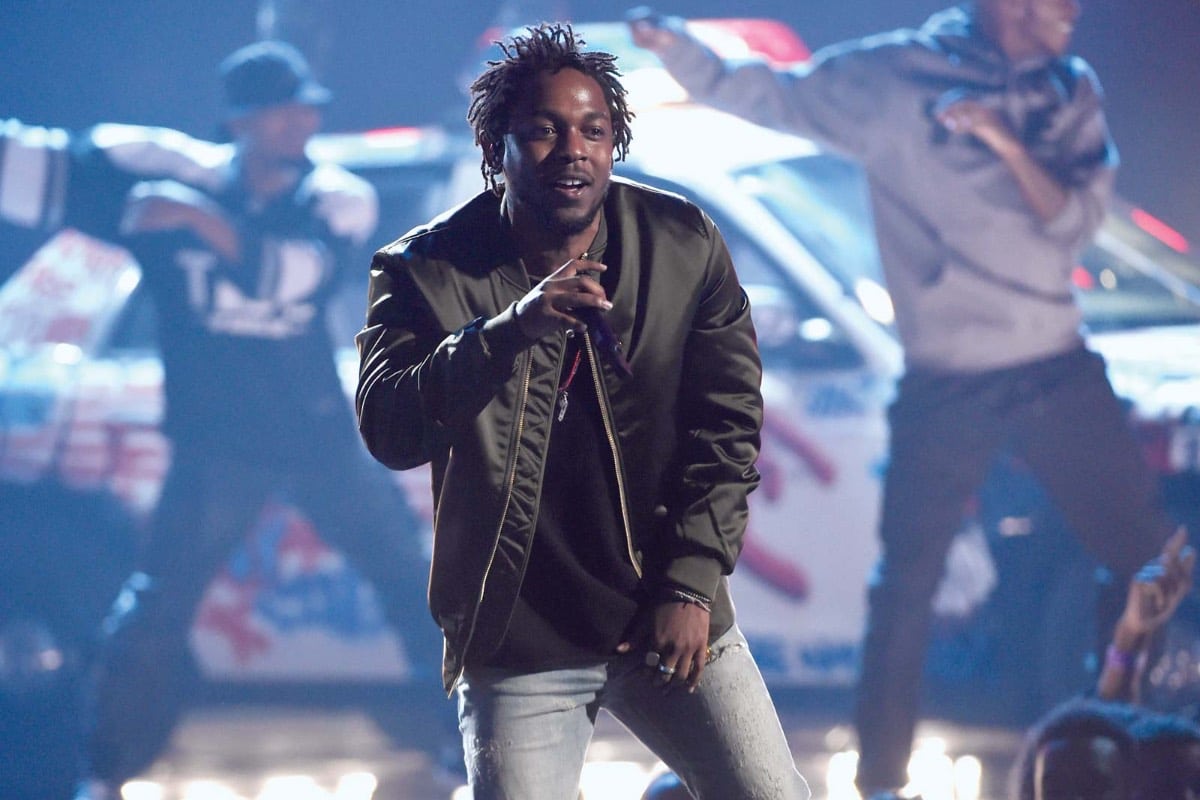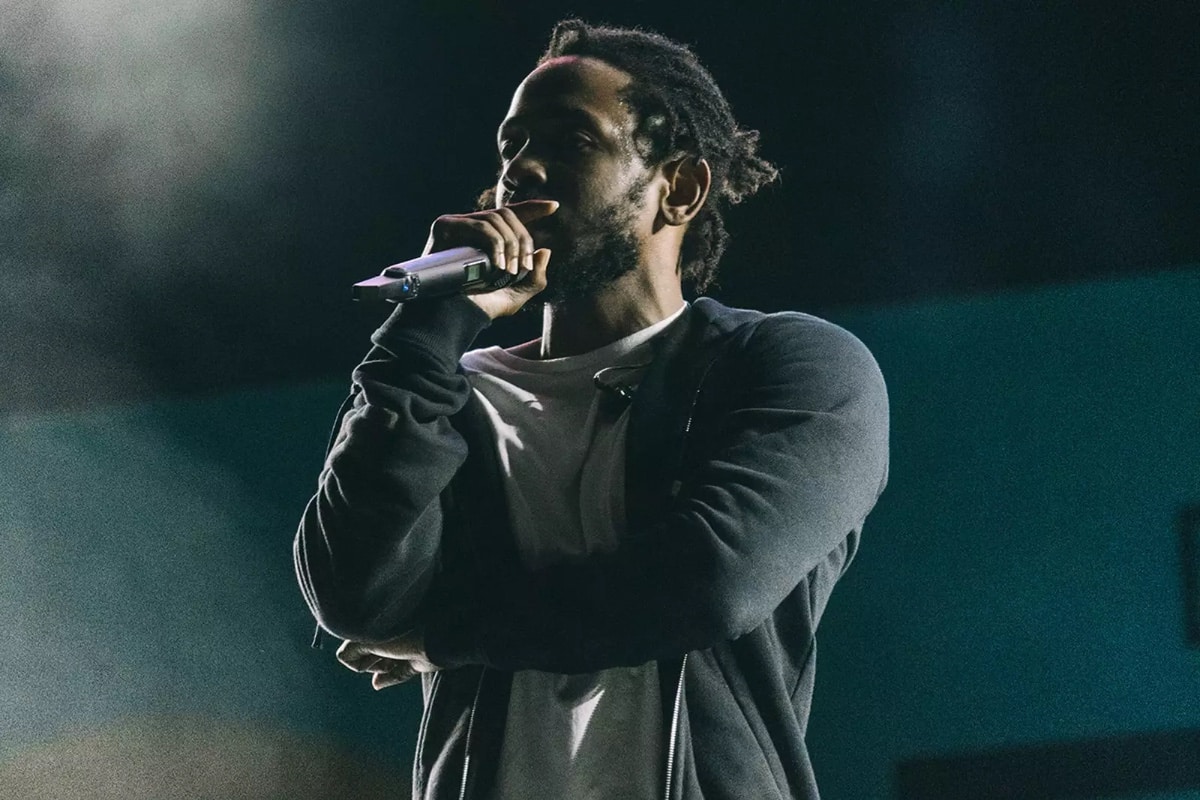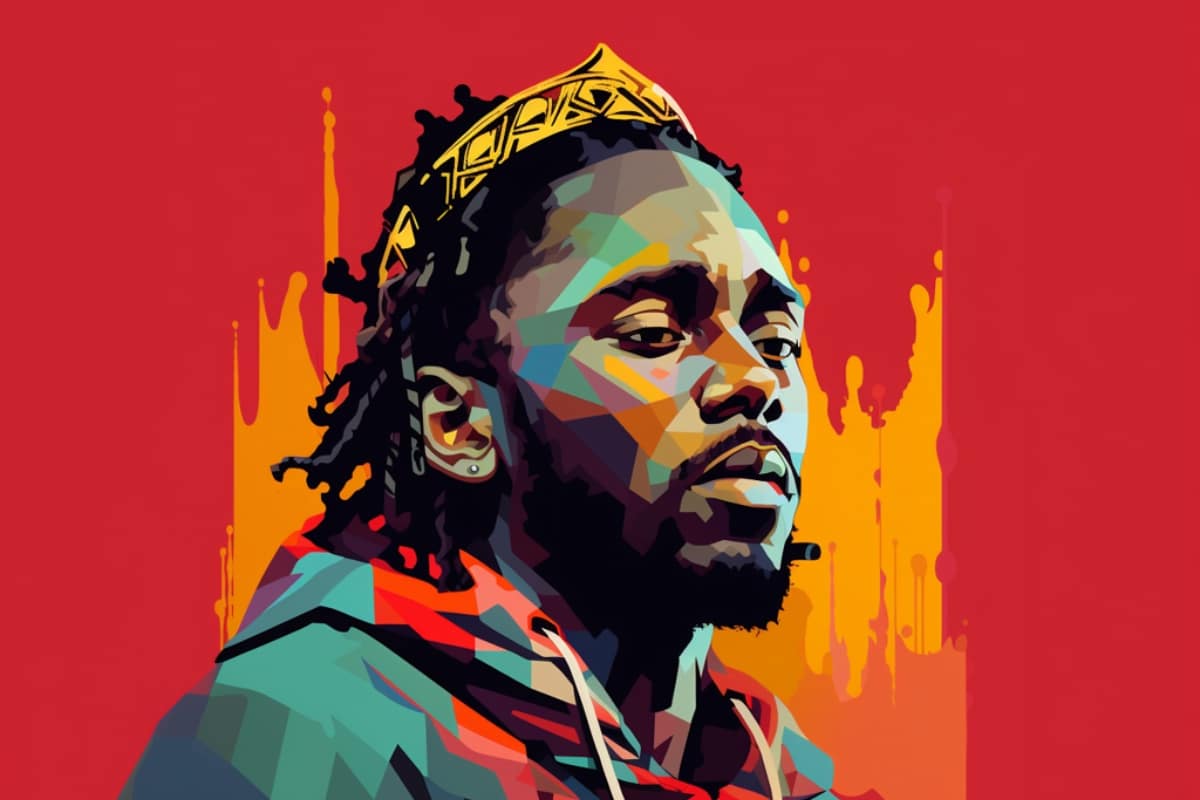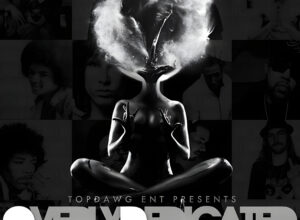Kendrick Lamar Duckworth, a powerhouse in the world of rap and hip-hop, has etched his name into the annals of music history with a finesse that’s rare and enviable. Born on June 17, 1987, in Compton, California, Kendrick’s narrative is one that’s deeply intertwined with the fabric of American music and culture. With a childhood nestled in the heart of Compton, he grew up in an environment that was as nurturing in its musical richness as it was challenging in its socio-economic struggles.
Kendrick’s early years were marked by a mix of hardship and creative exploration. Growing up in Section 8 housing, reliant on welfare and food stamps, his life was a stark portrait of the trials faced by many African-American families. Yet, amidst this, Kendrick found his voice in hip-hop. His parents, hailing from Chicago’s South Side and having moved to Compton in the 80s, brought with them a legacy of music, notably from the likes of Eddie Kendricks, after whom Kendrick was named.
The Los Angeles riots of 1992 left an indelible mark on Kendrick. Witnessing the first murder outside his apartment at just five years old, he was thrust into a reality that many can only fathom through art or literature. This experience, coupled with his close affiliations with the Westside Pirus, a reality of his environment, shaped his worldview, one that he would later express through his music.
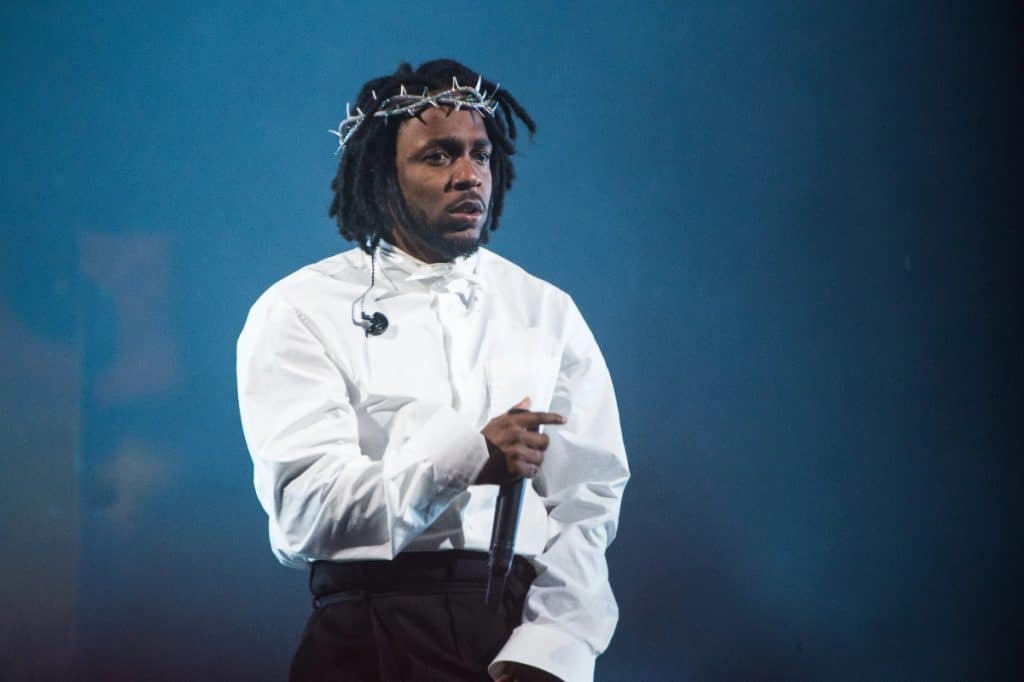
But Kendrick was not just a product of his environment. He had an innate talent for writing, recognized by his first-grade teacher who saw potential in his use of the word “audacity.” This talent was further nurtured by his English teacher in seventh grade, Regis Inge, who introduced him to poetry. Kendrick’s lyrical prowess started to take shape, finding solace and expression in his notebooks, often as a means to cope with his psychological trauma and depression.
The teenage years brought more than just academic challenges for Kendrick. Despite being academically inclined, he was deeply entangled in the complexities of his environment, leading to health scares and run-ins with law enforcement. His baptism and conversion to Christianity at 16, following the death of a friend, was a pivotal moment, marking the beginning of a journey that would see him reflect deeply on faith and morality in his works.
Kendrick’s professional journey began under the moniker K.Dot. His high school years saw him crafting mixtapes, showcasing a talent that was raw and unrefined, yet brimming with potential. His first mixtape, Youngest Head Nigga in Charge, caught the attention of Top Dawg Entertainment’s Anthony “Top Dawg” Tiffith, setting the stage for his career in music. Kendrick’s time at TDE was more than just about music; it was about finding his identity, leading to his decision to drop the stage name K.Dot in favor of his real name, a move that signified a coming of age.
The release of his debut album, Section.80, in 2011, was a critical moment. It marked Kendrick’s entry into the mainstream, exploring themes of social issues and racial identity. It was a narrative that resonated with many, earning him accolades and a growing fan base. His subsequent albums, Good Kid, M.A.A.D City and To Pimp a Butterfly, further cemented his place in the music industry. These albums were not just collections of songs; they were stories, narratives that delved deep into the African-American experience, wrapped in layers of complex beats and rhythmic poetry.
Kendrick’s influence extended beyond music. He became a voice for social change, a role model for young African-Americans, and an icon in popular culture. His works were a reflection of his environment, his struggles, and his triumphs. He was a storyteller, a poet, and an artist who painted vivid pictures with his words.
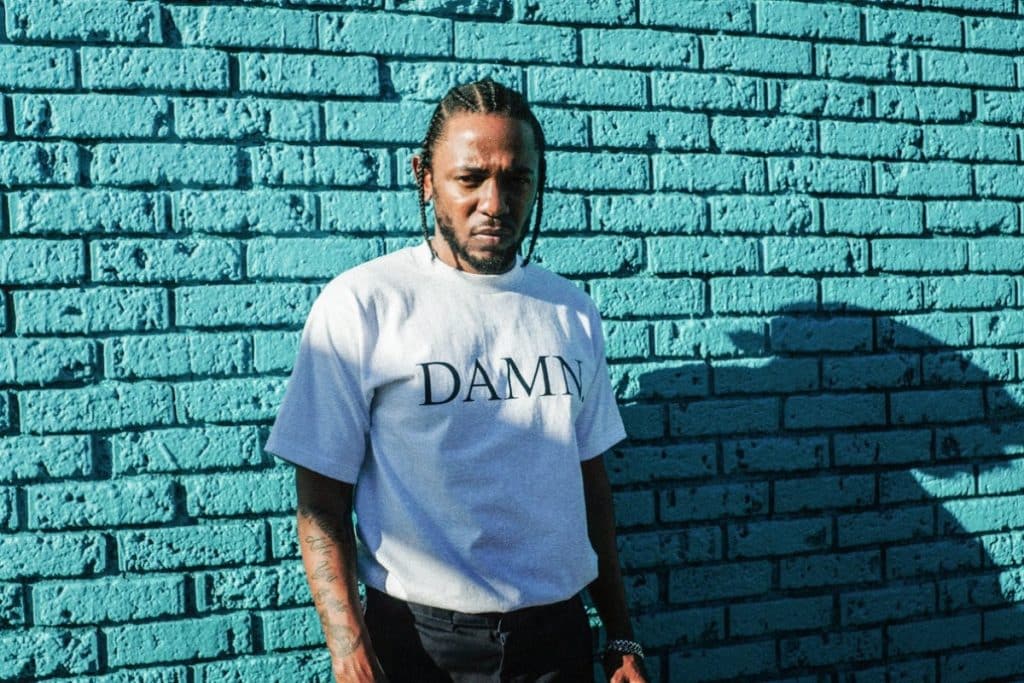
His collaboration with other artists, such as Taylor Swift and Drake, showcased his versatility and his ability to transcend genres. Kendrick was not just a rapper; he was a musician, an artist who knew no bounds. His work on the soundtrack for the film Black Panther highlighted his ability to weave narratives that were culturally significant and universally relatable.
Kendrick’s impact on music and culture has been profound. He has been recognized not just for his musical talents but for his contributions to social discourse. His works are a testament to the power of music as a tool for change, for reflection, and for understanding. Kendrick Lamar is not just a musician; he is a cultural icon, a voice for a generation, and a beacon of hope and inspiration for many.
As we look back on Kendrick’s journey, it’s clear that his story is more than just about music. It’s about resilience, about finding one’s voice amidst adversity, and about using that voice to make a difference. Kendrick Lamar’s legacy is not just in the records he has broken or the awards he has won; it’s in the hearts and minds he has touched, the conversations he has sparked, and the change he has inspired. His is a story that will continue to resonate for generations to come, a narrative that is as timeless as it is impactful.
Would you like to learn more? Dive deeper into the depths of Kendrick Lamar in our featured articles below.
